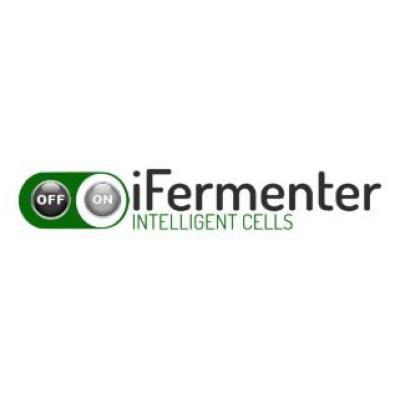
iFermenter
iFERMENTER - CONVERSION OF FORESTRY SUGAR RESIDUAL STREAMS TO ANTIMICROBIAL PROTEINS BY INTELLIGENT FERMENTATION

iFERMENTER - CONVERSION OF FORESTRY SUGAR RESIDUAL STREAMS TO ANTIMICROBIAL PROTEINS BY INTELLIGENT FERMENTATION
Plant dry matter, also known as lignocellulosic biomass, is all the material of the plant excluding water. It is the largest source of renewable biomass feedstock. In Europe, there are of 14m tonnes of sugar residual from biorefineries with the potential to be converted into potentially high-value products.
Currently these sugars are either converted to ethanol, which is sold cheaply, or simply burned to provide heat or energy. This is usually because fermentation processes with these sugars are inefficient, and existing biorefineries struggle to make these processesprofitable.
The iFermenter project aims to recover high value compounds from sugar residuals. It will recover high-value sugar products, fetching prices of €40-€200 per kg - from residual streams as part of their treatment process. It will also use gene-editing techniques to create cell factories to consume the remaining residuals and produce nisin, an important commercial food/feed preservative, which currently sells for €50-€150 per kg. It will also develop an online feedback system that can intelligently adapt the residual mixture during fermentation in order to maximise production.
The overarching objective of the iFermenter project is to develop an intelligent fermentation system that exploits the sugar mixture in residual side streams, increasing yields and productivity.
The process would provide a competitive and an attractive feedstock alternative to glucose for fermenting high-value proteins and peptides.
Within this, the project also has a number of specific objectives:
Demonstrate, using life cycle analysis, the viability and sustainability of the iFermenter process by the end of the project.
As well as its contribution to the overall BBI-JU goals and Key Performance Indicators, the iFermenter project aims to have the following impacts:
To reduce the carbon footprint of comparable processes, in particular by making incineration of sugars lees commercially attractive and by reducing food waste (as an antimicrobial, nisin extends food shelf life).